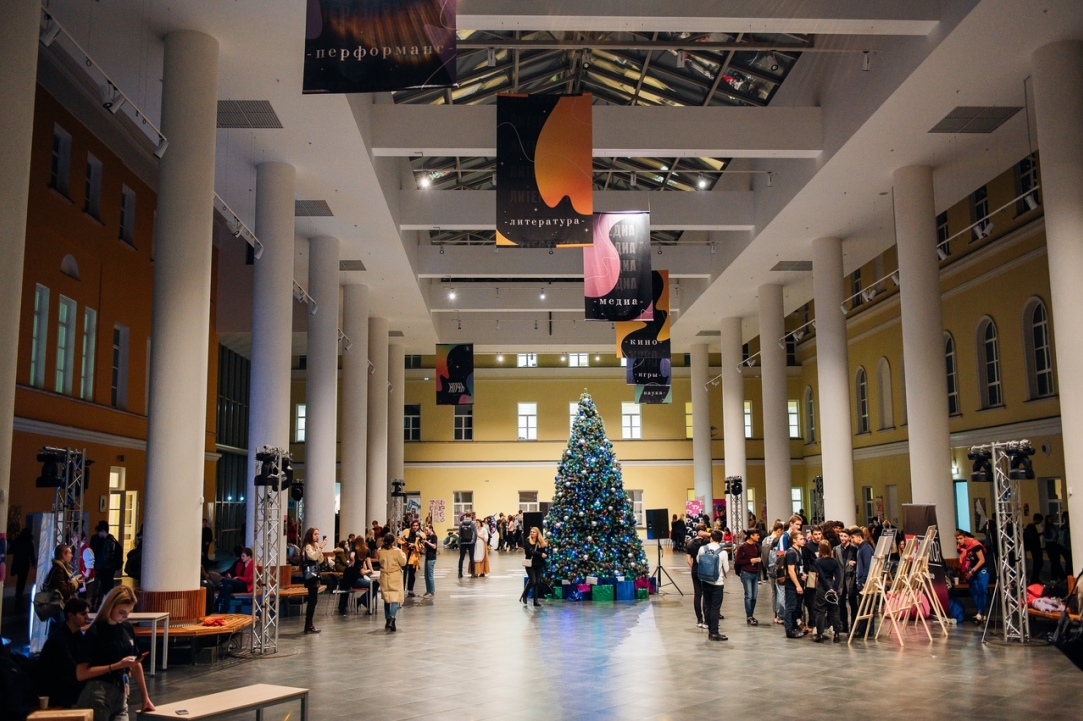
Night Descends upon HSE at Pokrovka
HSE University hosted its long-awaited student festival ‘Night’ at its building on 11 Pokrovsky Boulevard Thursday. Featuring 12 hours of lectures, games, master classes, music, and conversation. It was a night no students, lecturers or guests had any time for sleep.
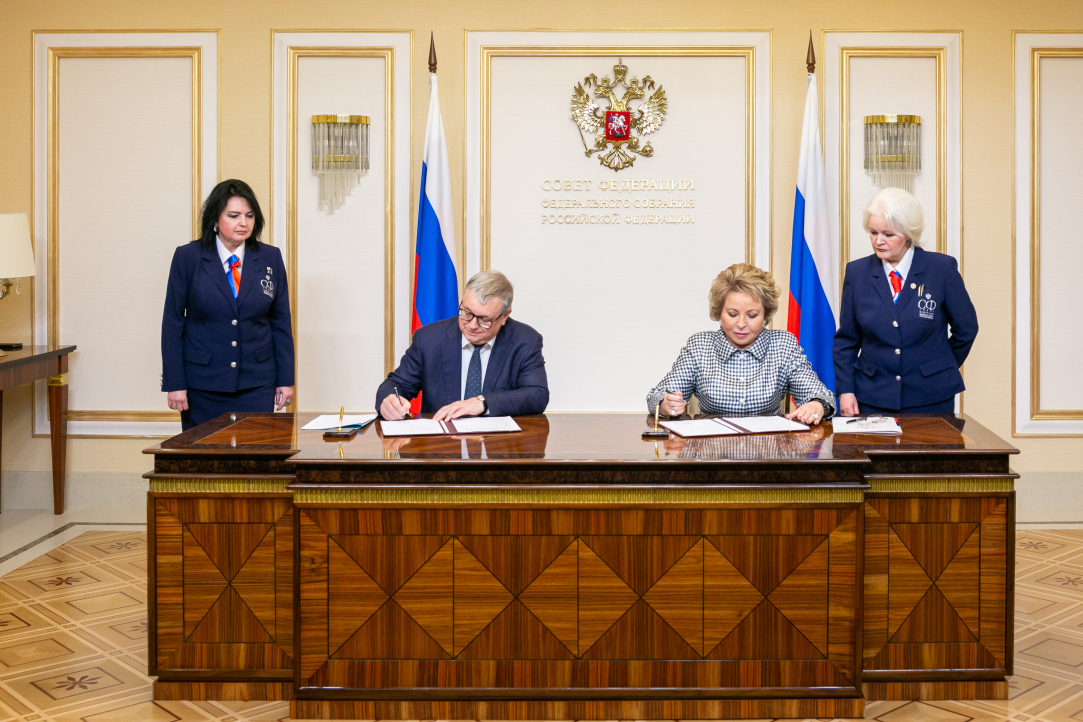
HSE University Signs Cooperation Agreement with Russia’s Federation Council
The parties agreed to cooperate on issues related to the improvement of legislation and law enforcement practices in an area that is the subject of research activity at HSE University.
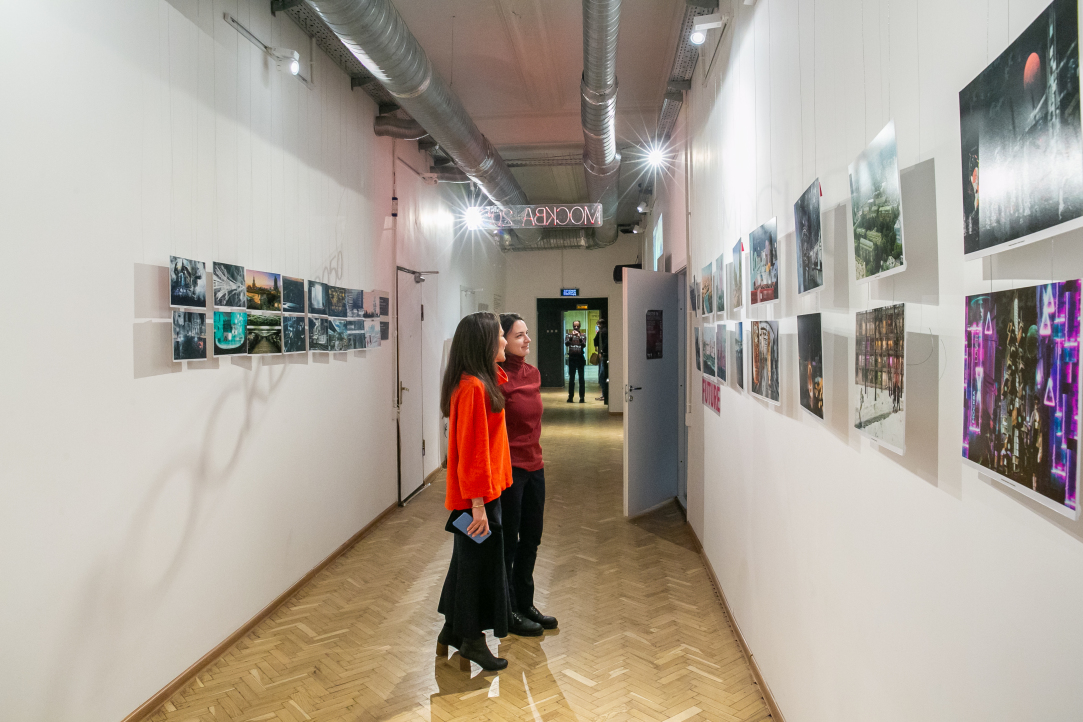
Moscow-2050 Exhibition Opens at Shukhov Lab
In December 2019, Shukhov Lab – the HSE Laboratory for Experimental Urban Design – is turning three years old. For its anniversary, it has set up a gallery with collages depicting future images of Moscow. Before the close of this year, the Moscow-2050 project goes toShenzhen Biennale of Urbanism\Architecture in China.
Join International Study Tour Experience 2019/20
HSE Study Tour Experience welcomes applications from third- and fourth-year undergraduate students who wish to learn more about HSE University and its Master’s programme offerings. The programme duration is from January 27 to February 9, 2020 at HSE University Moscow. The deadline to apply is December 30, 2019.
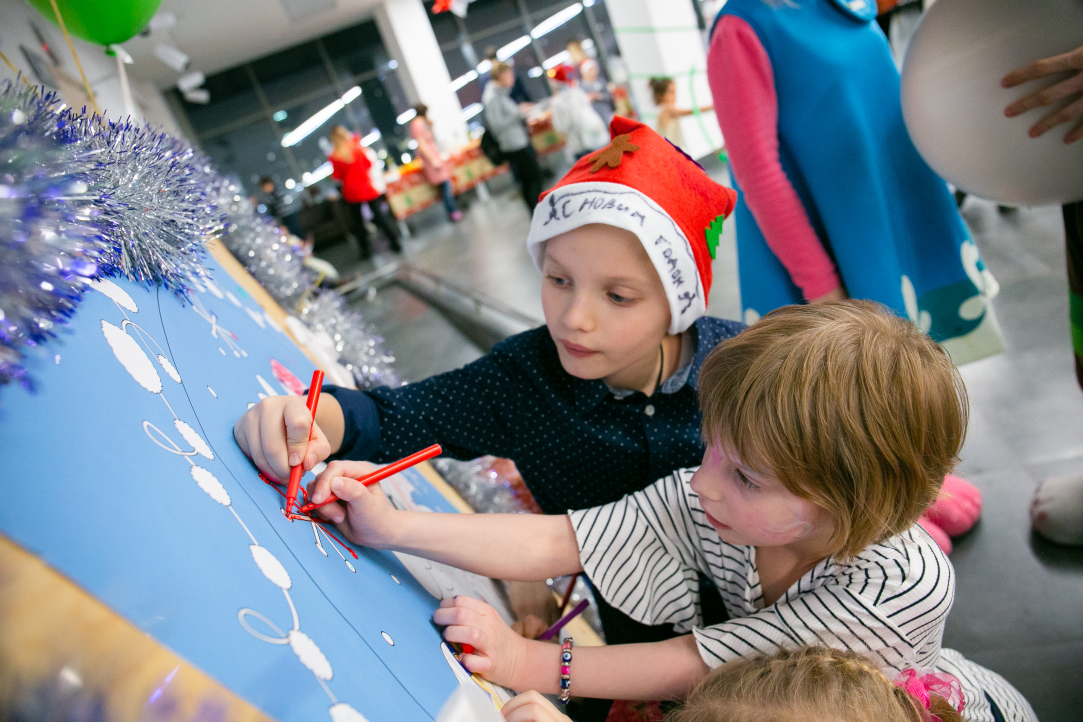
‘Inclusive Events Make the World a Better Place’
HSE volunteers together with the HSE Theatre have held a New Year event for the children and grandchildren of the university staff and students of the ‘Pokrovsky Kvartal’ school, where children with disabilities also study.
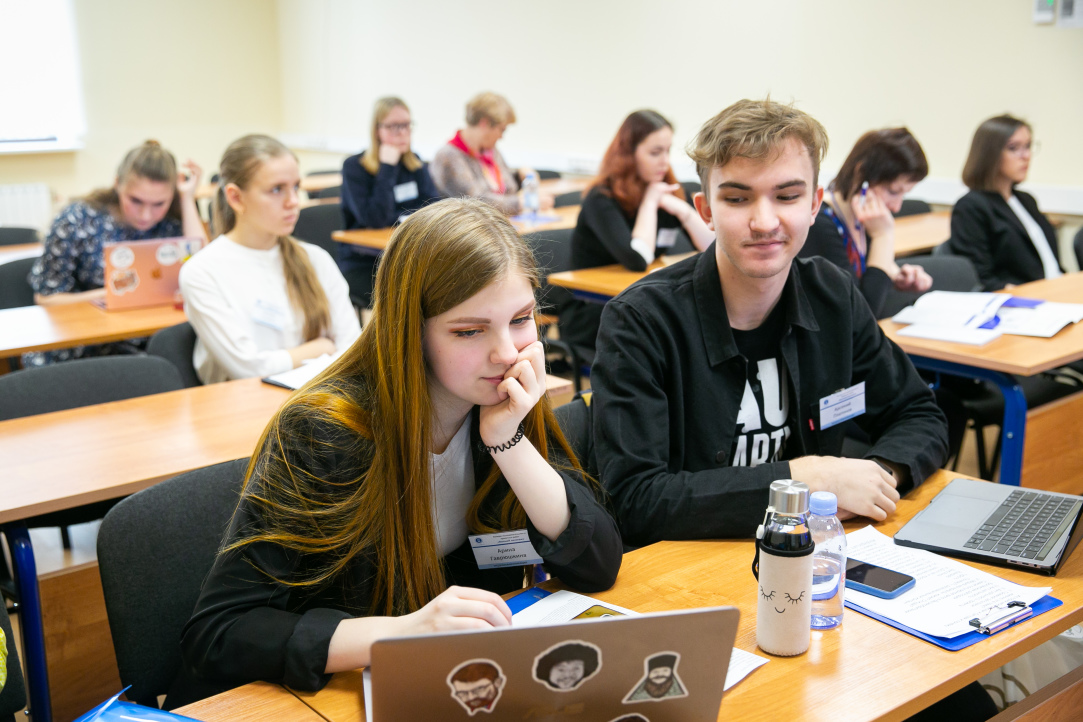
MIEM Professor Develops Chatbot to Motivate Students
HSE MIEM Professor Alexander Varnavsky has developed a chatbot to increase the success of implementing a ‘Flipped Classroom’ approach in his teaching. He presented the bot at the International Conference-Competition of Innovative Educational Technology held at Moscow State University, where it took first place in the ‘Information and Pedagogical Technology’ category.
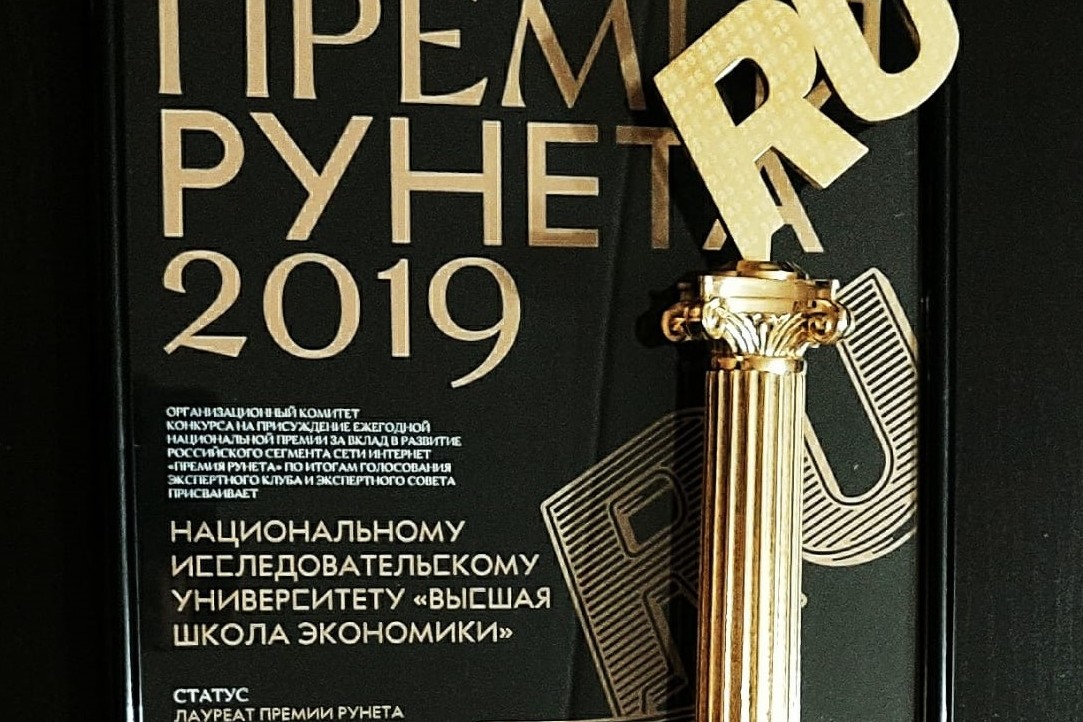
HSE University Wins Runet Prize
One of the most prestigious awards in the field of digital technology, the Runet Prize, was conferred in Moscow. HSE University was awarded in the category ‘Education and Personnel’.
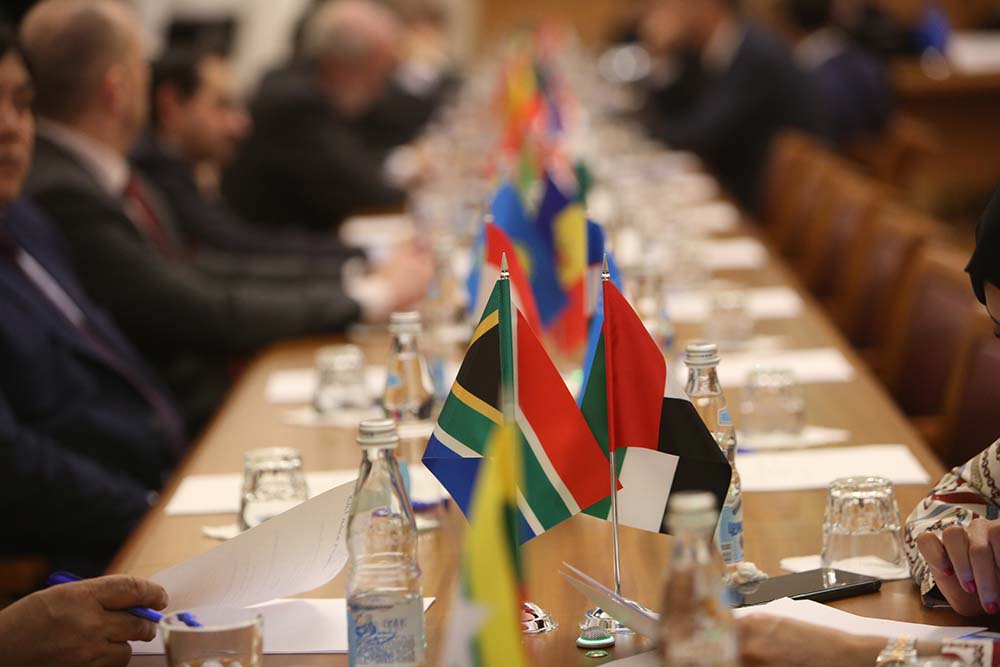
Ambassadors and Embassy Representatives Gather for HSE University Day for Diplomatic Missions
On December 12, heads of missions and embassy representatives from over forty countries gathered in Moscow for HSE University Day for Diplomatic Missions. The event, which was held at HSE’s newly renovated Pokrovka campus, was aimed at fostering further cooperation between HSE and its international partners.

Open Doors Scholarship Competition for International Applicants: Register Now!
More than 40,000 participants from 183 countries have already registered for the Open Doors Scholarship Competition. The competition, which is held by the Association of Global Universities, gives international applicants the opportunity to enroll tuition-free in a Master’s programme of a participating Russian university of their choice without having to take entrance exams. The deadline to submit your portfolio for consideration is December 18.

Belgian Student Combines Urban Planning and Slavic Studies at HSE University
Charlotte Rottiers is a master’s exchange student from Ghent University (Belgium). This semester she is taking courses at HSE University on urban planning in the ‘Prototyping Future Cities’ Master’s Programme as well as courses on Russian language and culture in the Faculty of Humanities. HSE News Service spoke with Charlotte about her courses, living in Moscow, and her extensive weekend travels.

